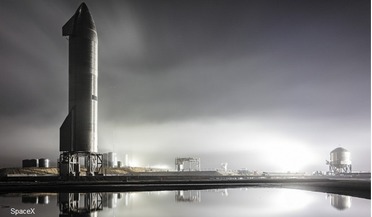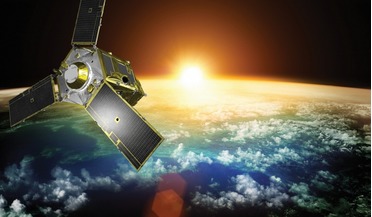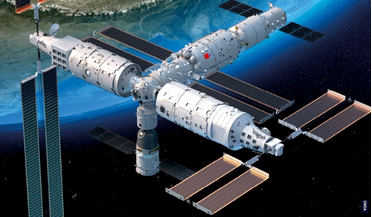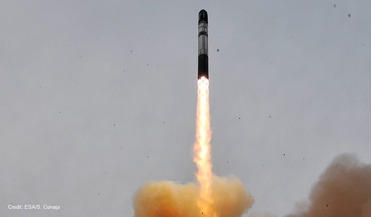 February 2020
Debunking the myths on space patents
February 2020
Debunking the myths on space patents
... its engineers will be able to produce up to 40 satellites a week. In this context, funding will become increasingly difficult for space start-ups unless they are able to provide some kind of ‘insurance’ for investors, to provide a safe exit from the...
 April 2021
Space industry trends in the pandemic
April 2021
Space industry trends in the pandemic
..., via a merger with a SPAC (Social Capital Hedosophia) in late 2019. Looking ahead in 2021, four Space start-ups – Momentus, Astra, BlackSky and Seraphim portfolio company AST & Science – have already announced their mergers with ...
 May 2022
The Space Industry in 2022
May 2022
The Space Industry in 2022
... market interest in space has enabled leading space start-ups to access to large amounts of capital not previously available to them through an active Space SPAC (Special Purpose Acquisition Companies) IPO market. Twelve space start-ups went public...
 August 2017
Space invaders and the usual suspects - disruptive trends in Earth observation
August 2017
Space invaders and the usual suspects - disruptive trends in Earth observation
... investments between 2000 and 2015. In 2015, a record US$2.3 billion was spent on more than 50 investments in space start-ups in the US. Pleiades image iof the Silicon valley. Investments by business angels, venture capitalists or major industrial...
 January 2023
China’s space ambitions fuel defence spending and global innovation
January 2023
China’s space ambitions fuel defence spending and global innovation
... more recently satellite internet infrastructure, the development of which is being driven by policy guidance. Many leading Chinese space start-ups are spinoffs from state-owned entities or have significant state heritage from two major state-owned...
 October 2015
Russian business: a long road to the stars for private space initiative
October 2015
Russian business: a long road to the stars for private space initiative
...2000s, the Russian economy came back to life and private space start-ups started to gain ground in the West. It wasn’t long ...them. The Skolkovo era Things began looking up for Russian space start-ups by the end of the first decade of the new century...